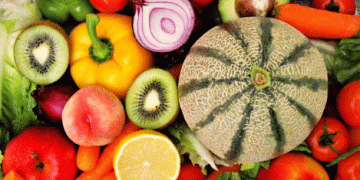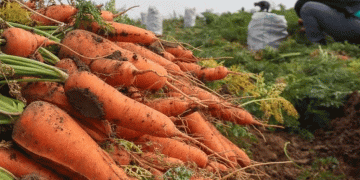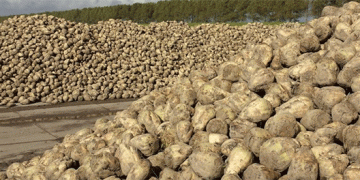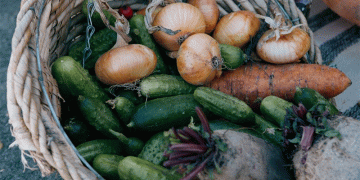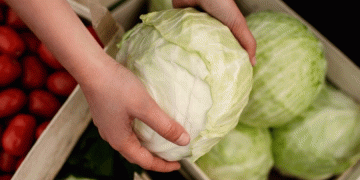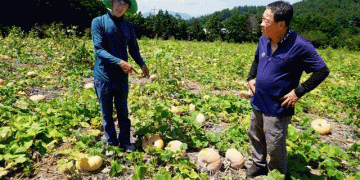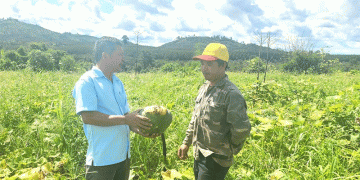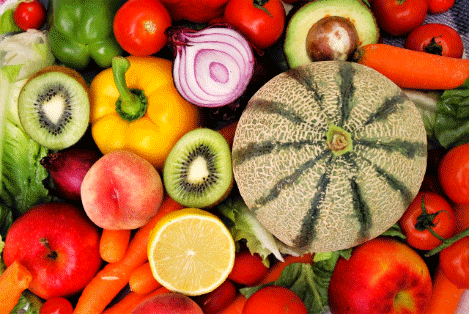In recent years, Spain has experienced a notable decline in the consumption of fresh fruits and vegetables. According to the 2023 Food Consumption Report by Spain’s Ministry of Agriculture, the per capita consumption of fresh fruit fell by 2.7%, and fresh vegetable consumption decreased by 2.6% compared to the previous year. This trend is not new, as the past five years have seen a cumulative decline of 13.6% for fruits and 14.1% for vegetables.
Interestingly, despite the decrease in consumption, the per capita expenditure on these items has increased. In 2023, Spaniards spent 160.5 EUR per person on fruit, which is a 2.5% increase from 2022 and a 14% rise since 2019. Similarly, the expenditure on vegetables reached 115 EUR per person, marking a 7.5% increase from 2022 and a 7.4% rise from 2019.
The Federation of Spanish Fruit, Vegetable, Flower, and Live Plant Exporters (FEPEX) has expressed concern over this persistent decline. The trend contradicts the widely accepted scientific and health recommendations promoting the benefits of fruit and vegetable consumption. This situation necessitates a comprehensive analysis to understand the underlying structural issues.
Factors Behind the Decline
- Economic Factors: One of the primary reasons for the decline in consumption could be economic constraints faced by households. Rising costs of living and other financial pressures may lead families to prioritize other expenses over fresh produce, despite the recognized health benefits.
- Changing Dietary Habits: Shifts in dietary preferences, influenced by lifestyle changes and the increasing availability of processed and convenience foods, may also contribute to the reduced intake of fresh fruits and vegetables.
- Awareness and Accessibility: There may be gaps in awareness about the importance of fruit and vegetable consumption. Additionally, accessibility issues, such as availability in local markets and affordability, can impact consumption patterns.
- Cultural Factors: Cultural shifts and changing meal patterns might also play a role. Traditional diets rich in fruits and vegetables are increasingly being replaced by fast food and processed options.
Broader Implications
For farmers and agricultural stakeholders, this decline poses significant challenges. Reduced consumption can lead to lower demand, impacting production volumes and potentially leading to economic instability for producers. It also affects the entire supply chain, from growers to retailers.
Strategic Responses
To address this issue, a multi-faceted approach is necessary:
- Public Awareness Campaigns: Government and health organizations should intensify efforts to educate the public on the health benefits of consuming fresh fruits and vegetables.
- Economic Support: Providing subsidies or financial incentives to make fresh produce more affordable could help reverse the decline.
- Innovative Marketing: Farmers and producers can adopt innovative marketing strategies to highlight the freshness, quality, and nutritional value of their products.
- Collaboration: Stronger collaboration between the agricultural sector, government bodies, and health organizations can help develop effective strategies to boost consumption.
The continuing decline in fresh fruit and vegetable consumption in Spain is a complex issue with economic, cultural, and lifestyle dimensions. Addressing this trend requires a concerted effort from all stakeholders, including government, health organizations, and the agricultural sector. By understanding and tackling the underlying causes, it is possible to encourage healthier eating habits and support the agricultural economy.
